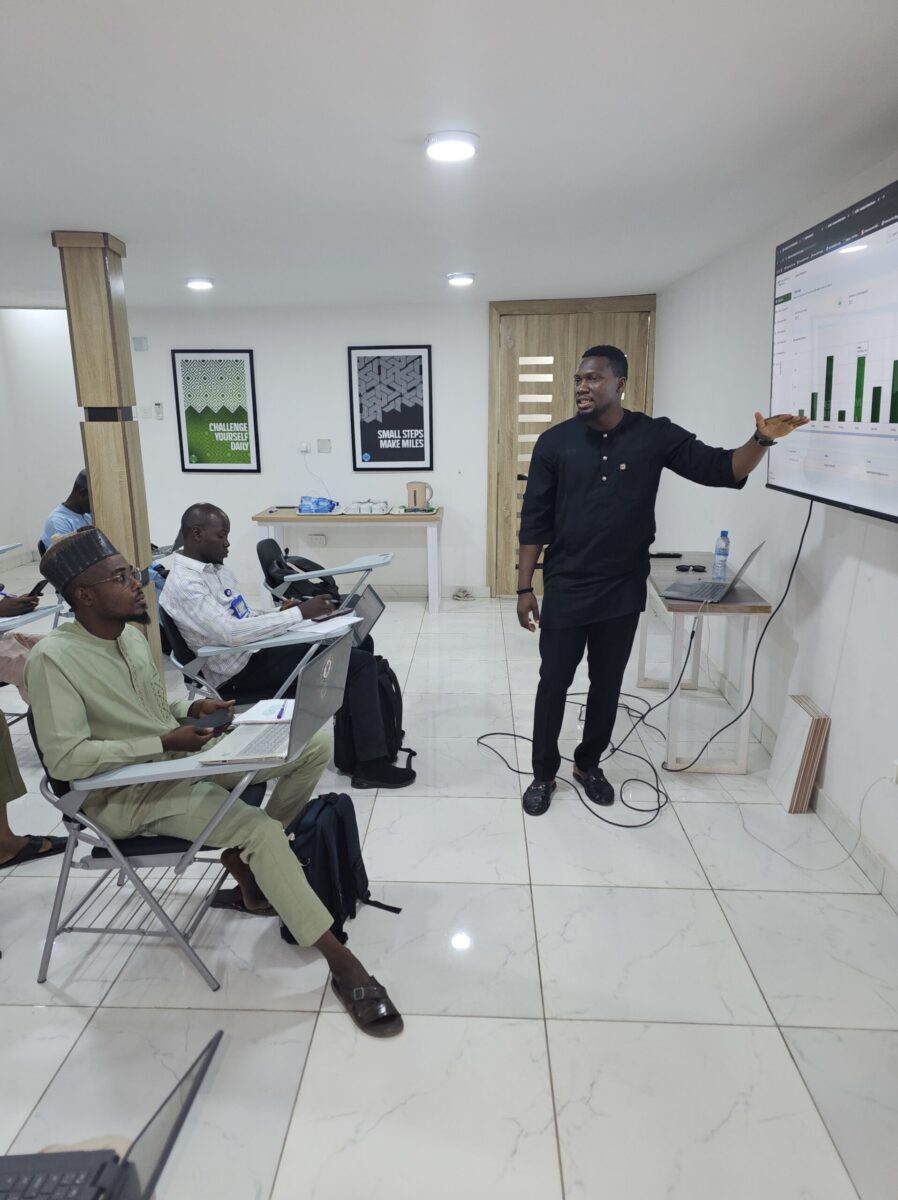NFTI’s key partner, the Kaduna State Bureau of Statistics (KDBS), is set to unveil a newly developed, dynamic website designed to improve the visibility and accessibility of statistical products. This is a big step toward making data more open and accessible.
The website, built by NFTI, is part of a broader initiative to strengthen data-driven governance and ensure that key stakeholders, including policymakers, researchers, and the general public, can easily access reliable and up-to-date statistical data. To ensure seamless adoption and utilization of the platform, the NFTI team conducted an extensive training session for KDBS staff on the website’s functionality and management. The training focused on equipping KDBS personnel with the necessary skills to navigate, update, and manage the website effectively.
A functional and user-friendly website is crucial for ensuring that statistical data is available and easy to interpret and use. NFTI is giving the KDBS team the skills they need to run the platform well and keep it up to date with real-time data through this training.
The newly developed website offers an intuitive interface, improved search capabilities, and enhanced data visualization tools. With these features, users can now seamlessly explore various datasets, reports, and statistical publications that provide insights into key socio-economic indicators within Kaduna State. With real-time updates on key economic indicators such as Market Price Watch, Gross Domestic Product (GDP) Growth Rate, and Consumer Price Index Annual Reports, the platform serves as a one-stop hub for essential statistical data. The improved accessibility is expected to bolster evidence-based decision-making among government agencies, development partners, and other stakeholders.
The collaboration between KDBS and NFTI highlights the growing role of technology in enhancing governance and service delivery. Stakeholders should be optimistic that this development will drive increased usage of data in policy formulation, economic planning, and public sector reforms.

